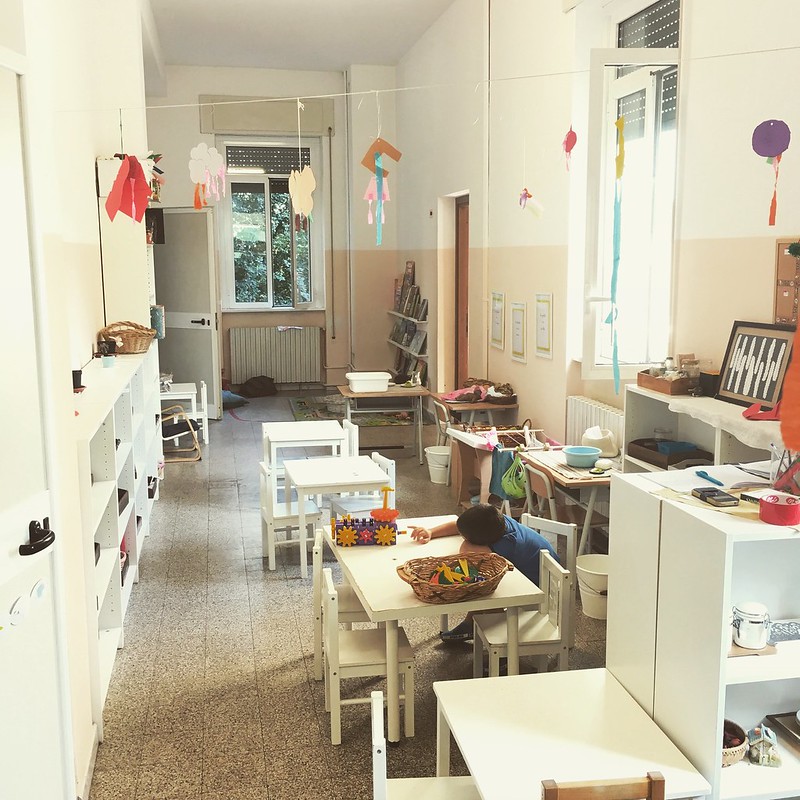
The European Commission has approved, under EU State aid rules, €325 million of public support to connect 12,000 schools in Italy to very high-speed internet. The schools that will benefit
from the measure are located in areas with insufficient connectivity in Italy, in line with the EU broadband connectivity objectives.
Executive Vice-President Margrethe Vestager, in charge of competition policy, said: "This €325 million Italian scheme will ensure that 12,000 schools will be connected to very high-speed internet. The measure will help students and educators also in the context of the coronavirus outbreak, by giving them access to current and future online educational tools. This decision enables the use of public funds to provide very high-speed internet services to schools in areas of Italy where private investment is insufficient.”
The Italian scheme aims at providing schools in Italy with very high internet speeds. The scheme aims to promote the deployment of a network able to provide upload and download speeds of 1 gigabit per second (Gbps) to Italian schools.
The measure notified by Italy to the Commission only targets schools where no broadband network offering download speed above 300 megabits per second (Mbps) is currently in place or planned in the near future. Italy considers that very high-speed internet connection is necessary to provide online educational services, which have become essential in the context of the coronavirus outbreak.
The Italian authorities have developed a comprehensive mapping of available infrastructure and public consultation in order to determine the target areas and the eligible schools.
The Commission assessed the measure under EU State aid rules, in particular its 2013 Broadband Guidelines. Taking into account the above-mentioned elements, the Commission concluded that the scheme's positive effects on competition and on broadband connectivity, in particular for schools, outweigh potential negative effects brought about by the public intervention.
On this basis, the Commission concluded that the scheme is in line with EU State aid rules and contributes to the EU strategic objectives set out in the Digital Agenda for Europe and in the Communication "Towards a European Gigabit Society".
Background
Broadband connectivity is of strategic importance for European growth and innovation in all sectors of the economy, as well as for social and territorial cohesion. The Digital Agenda for Europe acknowledges the socio-economic benefits of broadband and sets targets for broadband development in Europe, including that 50% or more of European households should subscribe to internet connections above 100 Mbps.
The Digital Agenda for Europe was complemented in 2016 by the Gigabit Society Communication, which defines, among others, the strategic objective of providing by 2025 across the EU at least 1 Gigabit symmetric (download and upload) connectivity for all main socio-economic drivers including schools, thus promoting the widespread use of products, services and applications in the Digital Single Market.
The 2013 Broadband Guidelines allow for public interventions where private initiatives are not sufficient, while protecting private investment and competition as a key driver for investment, better prices and quality of services for consumers and businesses.
The non-confidential version of the current decision will be made available under the case number SA.57497 in the State Aid Register on the DG Competition website once any confidentiality issues have been resolved. New publications of state aid decisions on the internet and in the Official Journal are listed in the State Aid Weekly e-News.



































